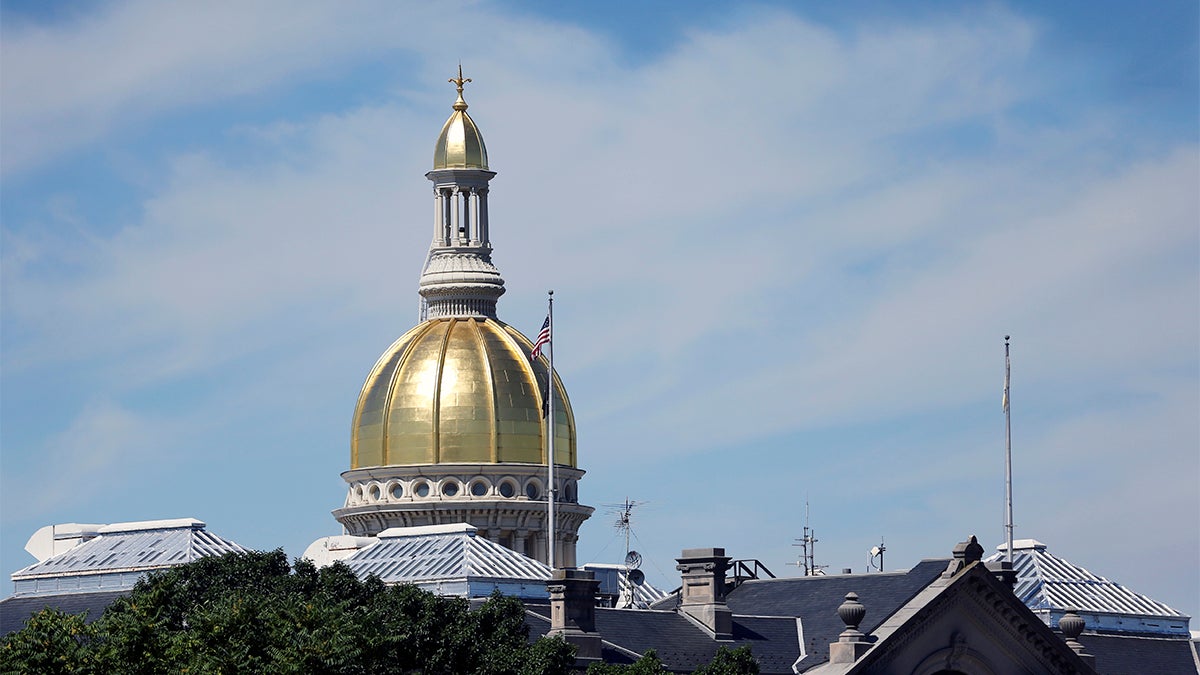New Jersey unprepared for next economic downturn, say ratings agencies
The state has a budget surplus of about 2 percent, and its rainy day fund in empty.
Listen 1:03
With nothing in its rainy day fund and a budget surplus of just 2 percent, New Jersey is ill prepared for the next financial crisis, according to new analyses. (AP Photo)
Ten years after the Great Recession, more and more states are bulking up their financial reserves to prepare for another economic downturn.
But not the Garden State.
According to two new reports from Moody’s Analytics and S&P Global Ratings, New Jersey is one of several states with minimal budget surpluses and empty rainy day funds, vulnerable to the next major economic decline.
“If it’s into the 10th year, and they still haven’t replaced their reserves, how much time do they have left to do that?” said Gabriel Petek, a credit rating analyst at S&P Global Ratings. “We don’t know for sure.”
Economists say it is important for states to have substantial reserves so they can continue to fund the government in times of financial crisis — as well as absorb the added costs of an economic downturn, such as increased Medicaid enrollment.
That could be difficult for New Jersey. The state has only about a 2 percent budget surplus — the amount of taxes raised minus expenditures — which is slightly less than what experts recommend. Its rainy day fund is empty.
New Jersey has a progressive income tax structure, which means wealthy New Jerseyans pay a higher tax rate than poorer residents. When the economy slides, the richest taxpayers do not contribute as much money to state coffers.
The state also has one of the most underfunded public pension systems in the country.
“Those states that have the big pension shortfalls, who have the big structural issues where people have been just kicking the can down the road for years — they’re not in any position where they can start building up those rainy day reserve funds,” said Dan White, director of fiscal policy research at Moody’s Analytics.
According to Moody’s, New Jersey ranks 47th in states most capable of handling an economic downturn without raising taxes or cutting spending.
Pennsylvania also ranks among the states least prepared for a financial meltdown, but its flat income tax rate makes budget forecasting easier than in New Jersey.
Richard Keevey, a former New Jersey budget director and a senior policy fellow at Rutgers University, said some states choose to maintain a minimal surplus while funding a wide array of social programs.
“Other states would say, ‘Let’s build up that rainy day fund, because we know somewhere along the line we’re going to have a problem. And, God forbid, it’s a big problem in the middle of the year,’ ” Keevey said.
New Jersey has taken some steps to shore up its emergency financial reserves. According to NJ Spotlight, Gov. Phil Murphy succeeded this year in increasing the state’s surplus to $765 million, a bump of several hundred million.
WHYY is your source for fact-based, in-depth journalism and information. As a nonprofit organization, we rely on financial support from readers like you. Please give today.




